Research @ UVA Engineering
Engineering for the Cyber FutureOur researchers are not merely reacting to the cyber age, we are catalyzing it. Machine learning, cybersecurity, high performance computing, intelligent memory systems, avalanche photodiodes, ultra-low-power chips: These are just some of the technologies essential to such next-generation projects as the Internet of Things and 100 Gbps Ethernet, and they are just some of the areas in which UVA Engineering holds world-class expertise.
-
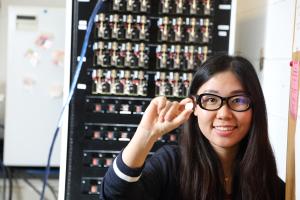
Energy and Environment
Chemical Engineering Our chemical engineers are creating innovations in battery chemistry, solar materials, and impacting large-scale energy storage. They're also developing membranes for desalination, forward osmosis, osmotic power, and batteries. Additionally, they're engaged in bioremediation and designing biorenewable molecules to enhance safer and sustainable chemical production and combustable. -

Hardware for A.I. and I.o.T.
Electrical and Computer Engineering Our applications-driven research in IoT systems emphasizes self-powered systems, low-power hardware, energy-harvesting sensors and embedded systems, and sub-threshold circuit design. -
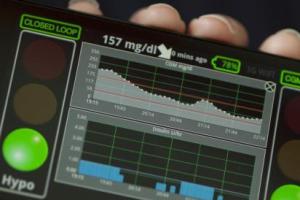
Human-Technology Interaction
Systems and Information Engineering When people interface with technology, complex questions arise: from automous control timing and priority, risk and decision analysis, usable haptics, and computing, and integrating human and machine intelligence, our researchers are improving humans’ ability to work effectively in complex technical systems. -

Information and Intelligent Automation
Systems and Information Engineering Exploring intelligent, automated technology and method development and innovative ways these intelligent systems can improve society. -
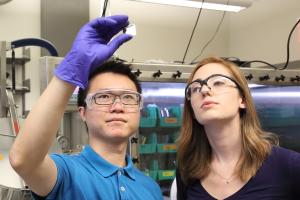
Materials Engineering and Nanotechnology
Chemical Engineering Our nanotechnology research explores polymer nanocomposites, nanomaterials, and advanced polymer membrane materials, including semiconductor and nanoparticle research, metal-organic frameworks crystal growth, and engineering biomaterials for diverse applications like tissue engineering, drug delivery, and electronic devices. -

Operations Research and Analytics
Systems and Information Engineering Systems researchers model, analyze and improve the most complex systems in th world, using analytics. , including machine learning and artificial intelligence, optimization, stochastic processes, and discrete-event and agent-based simulation to improve domains from manufacturing, human health, defense and energy. -

Photonics
Electrical and Computer Engineering We lead in photodetector research on high-speed, high-power photodiodes and low noise avalanche photodiodes. -

Security
Computer Science UVA Computer Science has a rapidly growing group of faculty working in the area of cyber security, including hardware, software, operating systems, networks, and cryptographic theory, working in close collaboration with other research groups such as the Link Lab, Software Engineering, and AI. -
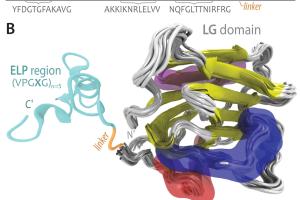
Simulation and Complex Systems
Chemical Engineering WE use Monte Carlo methods to predict bacteria spread in groundwater as well as mMolecular dynamics simulations explore protein interactions, aiding design of stimuli-responsive materials for drug delivery, tissue engineering, and regenerative medicine -

Smart Cities
Civil and Environmental Engineering Enabling communities to improve built infrastructure and resources through cyber technologies. -

Software Engineering
Computer Science The critical role that software plays means that individuals, organizations, and institutions must determine whether to trust that its operation is safe, secure, and fair. Using current approaches to developing software-intensive systems. -
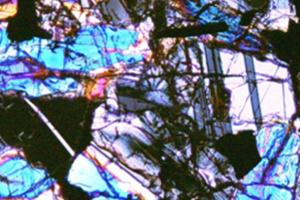
Structural materials
Materials Science and Engineering We pioneer research in aluminum and magnesium alloys and advance the state-of-the-art in materials for extreme environments.